Instead of Google, Facebook, Twitter or LinkedIn owning your data, imagine a world in which you control the data about yourself and reveal only what is minimally necessary when required. It would be the web equivalent of proving to a bouncer only that you're older than 21, instead of also handing over your birthdate, address and whether you've elected to be an organ donor.
Research and publish the best content.
Get Started for FREE
Sign up with Facebook Sign up with X
I don't have a Facebook or a X account
Already have an account: Login
Get weekly or monthly digest of all posts in your inbox: https://fmcs.digital/wim-subscribe
Curated by
Farid Mheir
 Your new post is loading... Your new post is loading...

Marcin Golczak 's curator insight,
December 21, 2019 11:53 AM
Prywatność i bezpieczeństwo danych (Yahoo!, Evernote, a Rosja, patrzymy na Ciebie) obejmuje się jako wielki temat na nadchodzący rok, więc myślimy
|

Curated by Farid Mheir
Get every post weekly in your inbox by registering here: http://fmcs.digital/newsletter-signup/
|




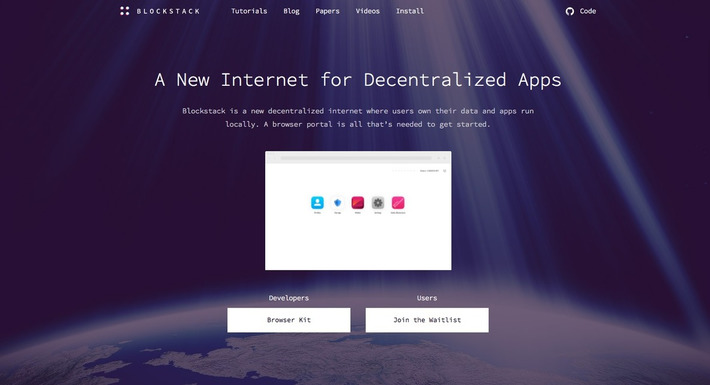


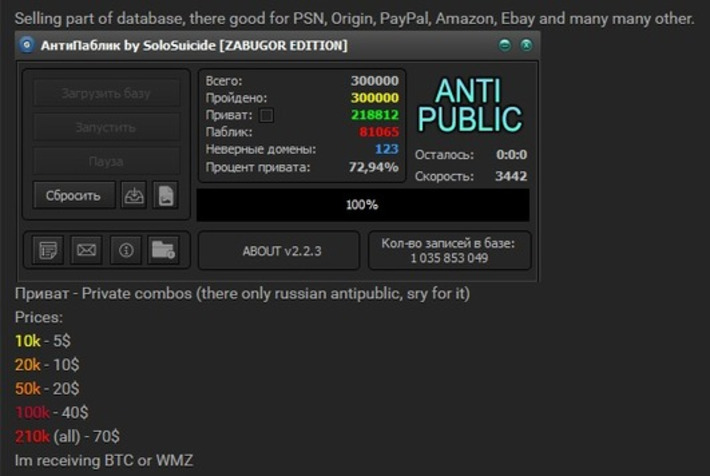

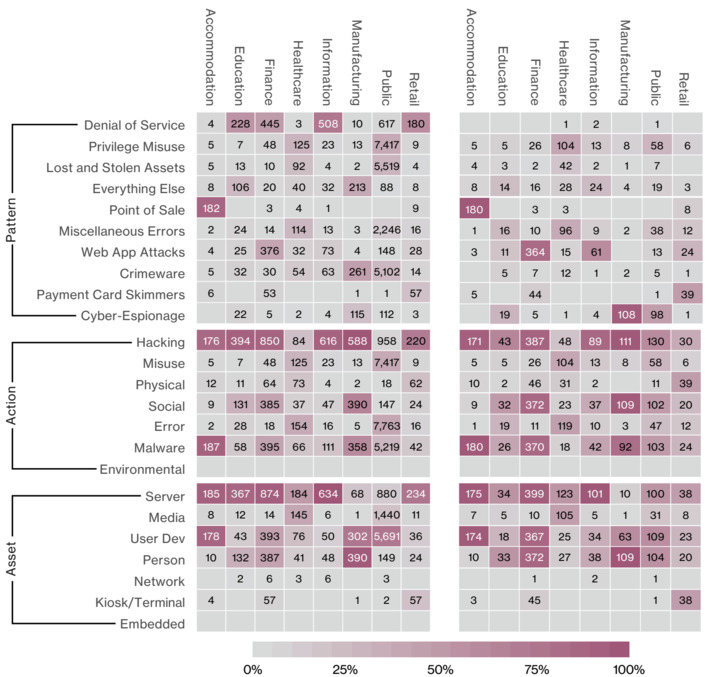
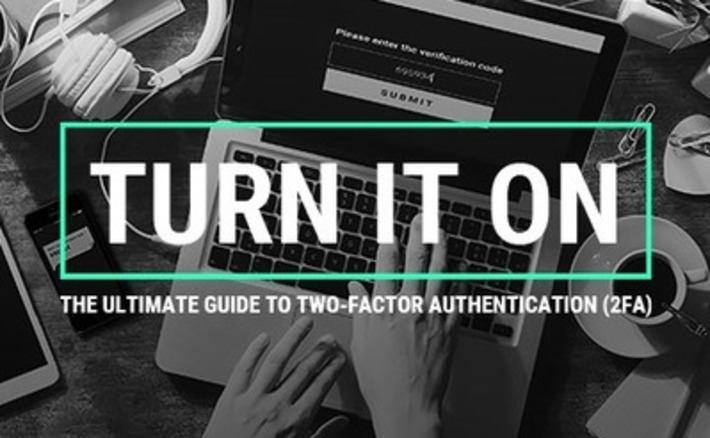
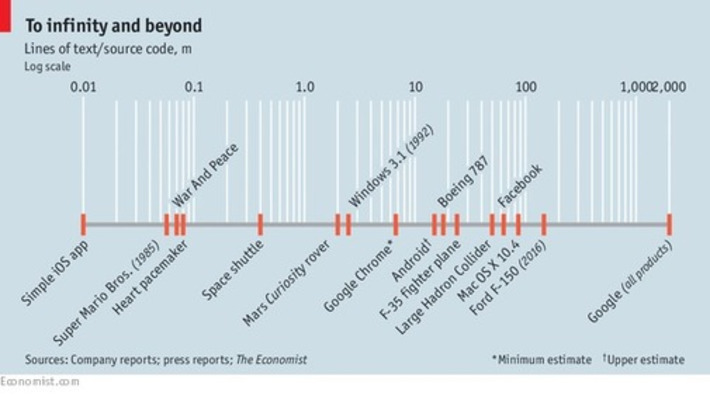




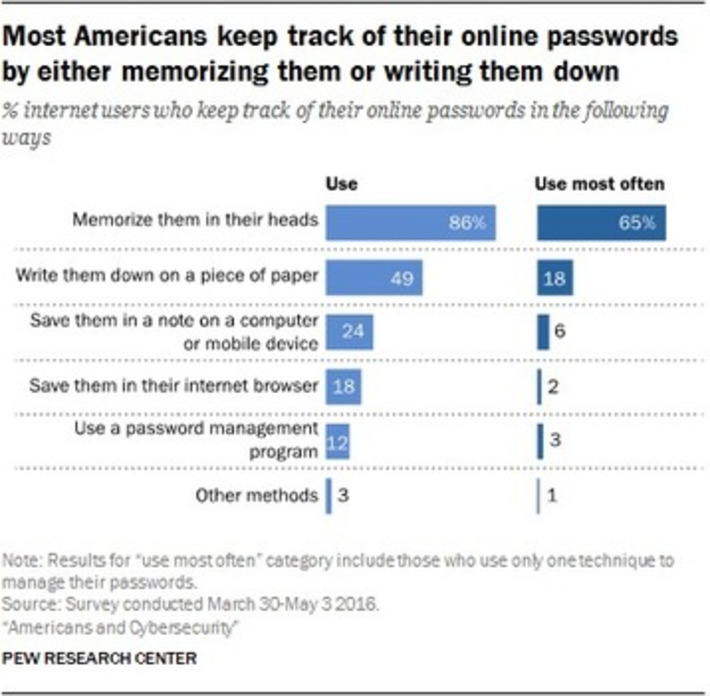

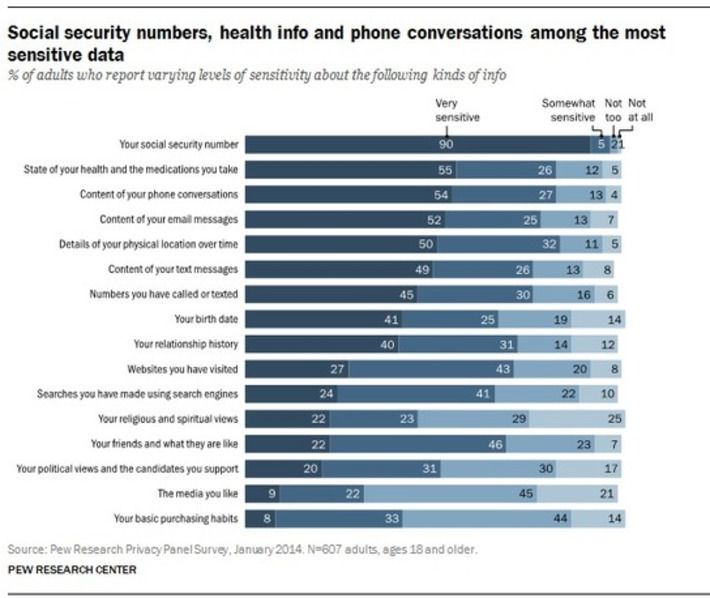
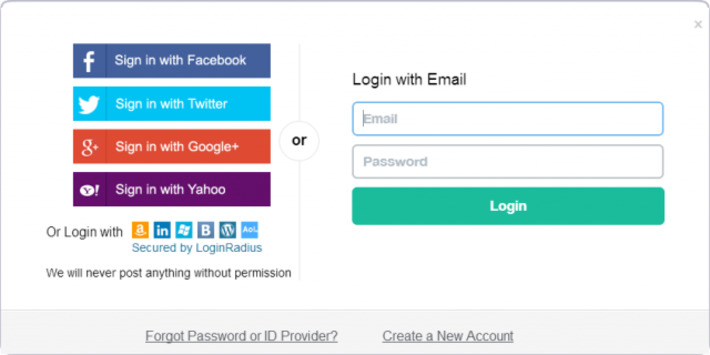


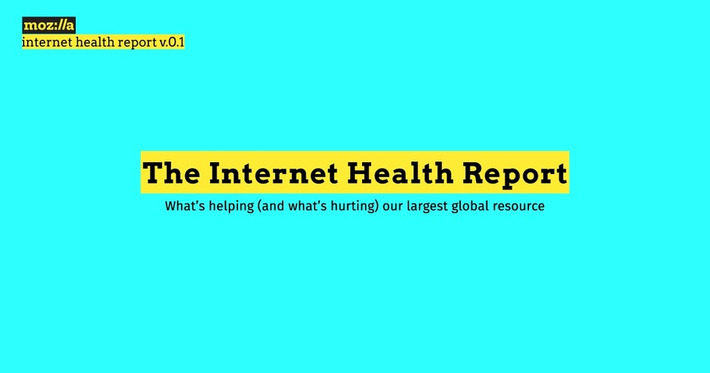
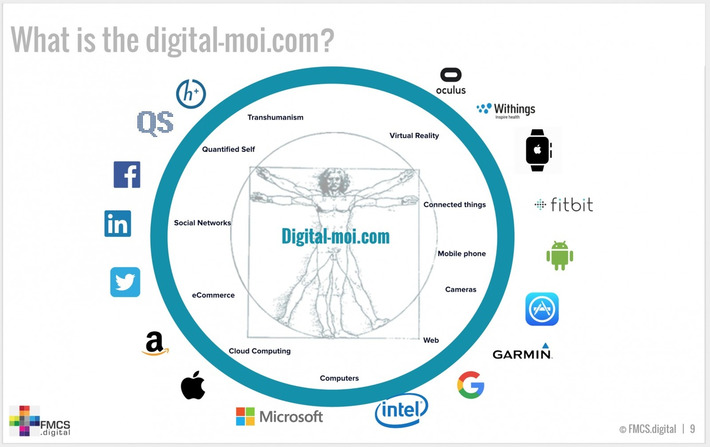
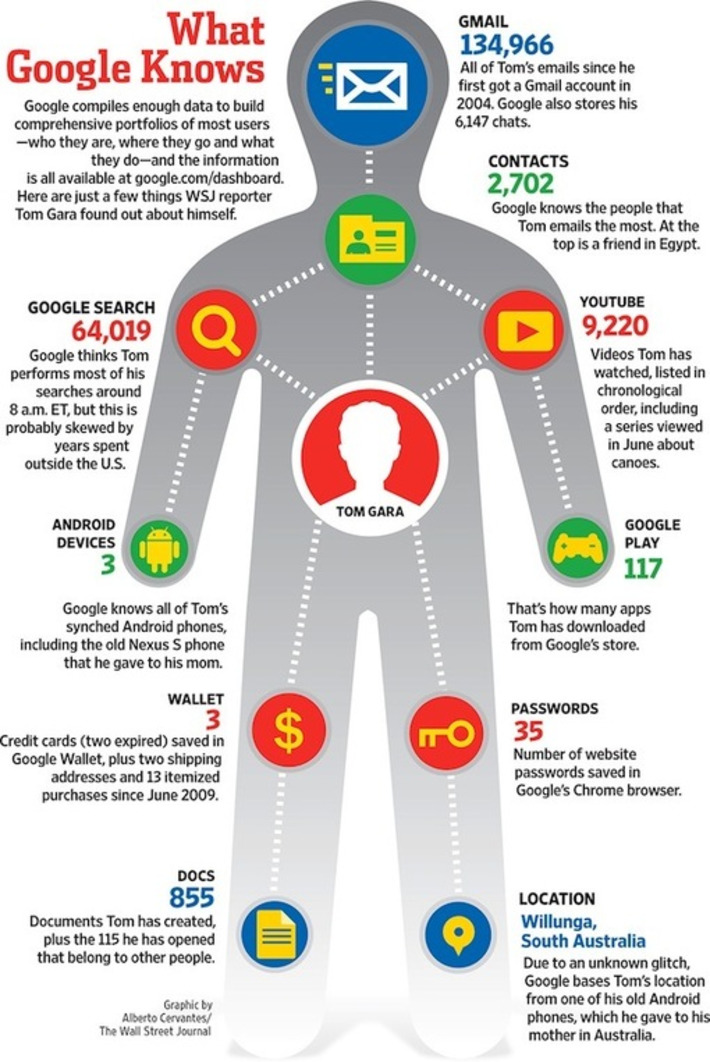
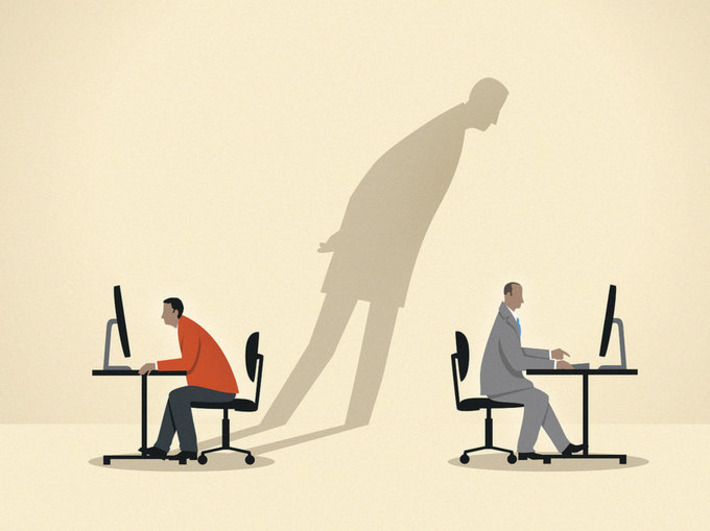

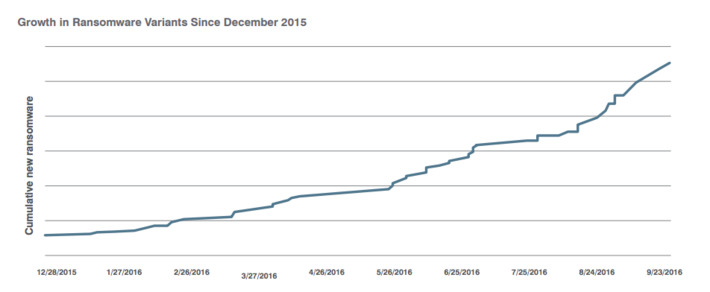



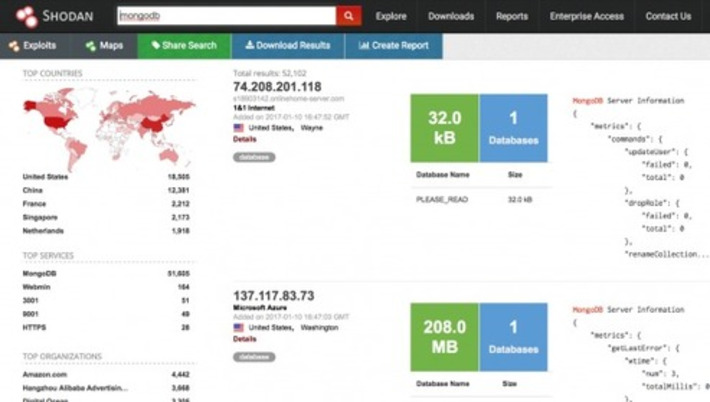
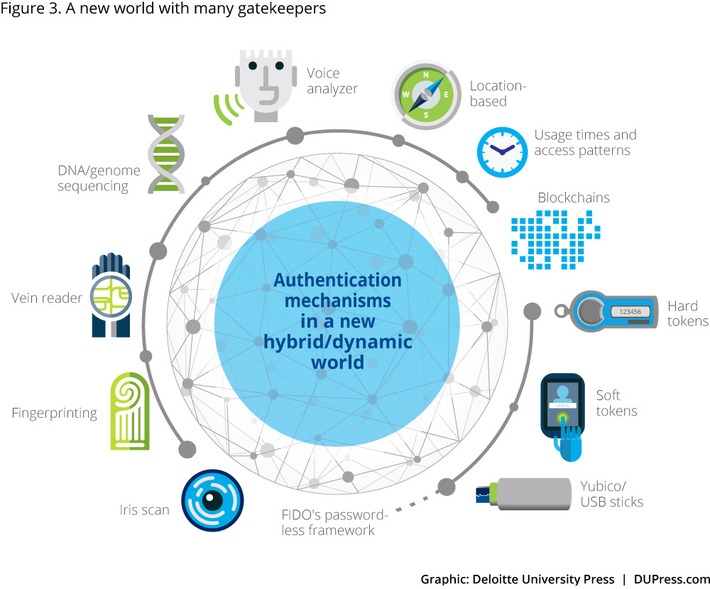
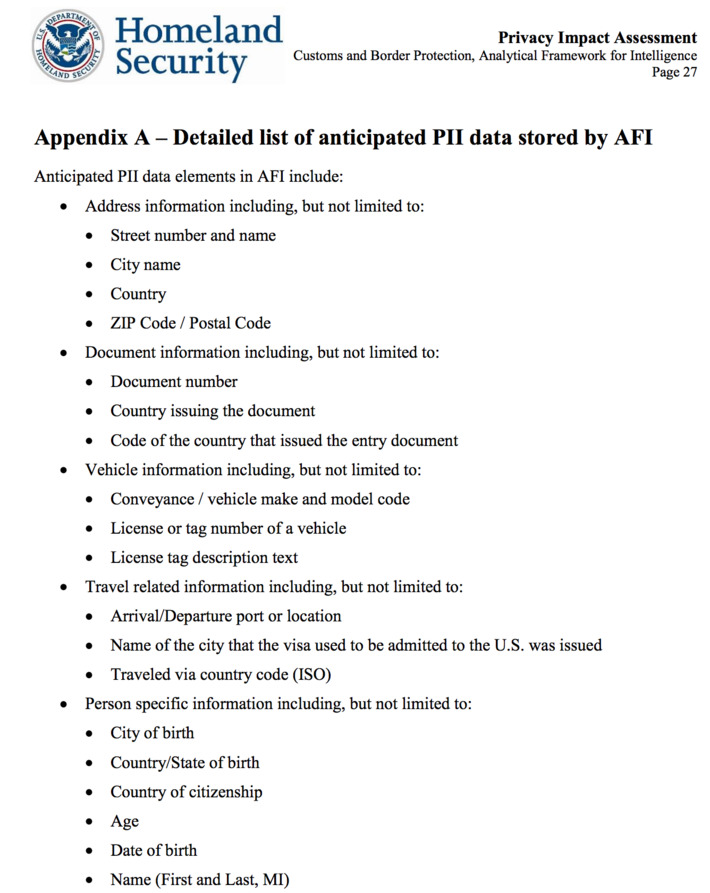
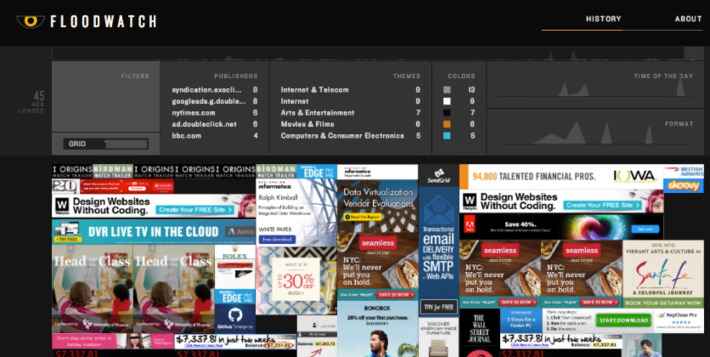









WHY THIS IS IMPORTANT
To be in full control of our private information may be the holly grail of the Internet today. This new technology appears to solve the problem and provide a solution for all of us. For the moment in trial for developers, I can't wait to try it out....